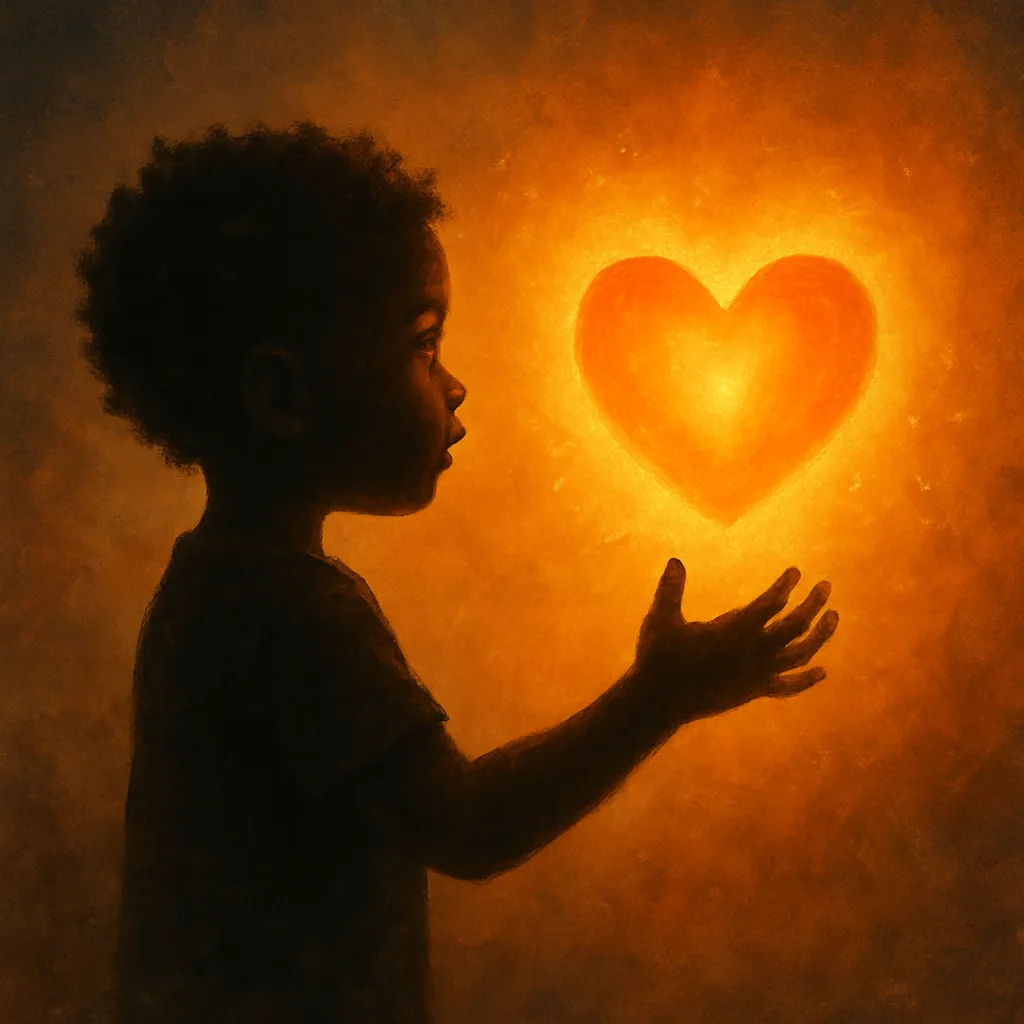
Parenting, Domestic Violence, and the Cycle We Must Break
In the fight to end domestic violence, we often look at the signs of abuse in others—our partners, our friends, our family members. We read the lists: the signs of physical abuse, emotional abuse, psychological abuse, sexual abuse, and reproductive coercion. These lists are meant to help us recognize when someone is suffering, but here's the thing: we need to ask ourselves an even harder question. Are we, as parents, contributing to the cycle of violence?
Let me explain. As I read through the warnings about domestic violence, I started reflecting on how often we, as adults, look for the signs of abuse in others while we are living in abusive dynamics ourselves. We look at our children, our loved ones, and we say, “How can I keep them safe?” But what if the question should be, “How do I stop contributing to abuse in the first place?”
Domestic violence isn’t something that simply occurs in relationships when we are adults—it begins with the way we parent, the way we interact with our children, and how we teach them about relationships. If we want to stop the cycle of violence, we have to begin by rethinking how we parent, how we treat our children, and how we demonstrate love and respect in the home.
Recognizing Abuse in Our Parenting
Let’s start by asking: Are we unknowingly abusing our children?
Physical Abuse
The signs of physical abuse are clear—hitting, punching, shoving, choking, or slapping. These are acts of aggression that are meant to intimidate, control, and harm. Think about it: Are we using any form of physical punishment in our homes that could be seen as a weapon? Remember the weapon of choice for many Gen Xers—the switch? That was a weapon. Are we forcing our children to do things they don't want to do? Are we controlling their actions, like when they sleep, what they eat, or what they wear? These things may seem small, but they are part of a larger pattern of physical coercion.

Emotional Abuse
Emotional abuse is insidious. It’s the constant belittling, the insulting, the name-calling. It’s when we criticize our children, humiliate them, or withhold affection to punish them. Are we attacking our child’s self-worth by comparing them to others? Are we creating a sense of insecurity, jealousy, or possessiveness, making them feel as though they are never enough? Are we treating one child drastically different than the other? These actions are emotionally damaging and create an environment of insecurity and fear.
Psychological Abuse
Psychological abuse can be harder to recognize because it often plays on the mind. It’s manipulation—saying things like, “You made me do this,” or “You’re too sensitive.” It’s controlling where your child goes, who they see, or how they dress. It’s threatening to hurt them, their loved ones, or their possessions. Are we telling our children they deserve the abuse they face, or making them question their own reality? “That never happened,” we might say, or “You’re overreacting.” These are all signs of psychological manipulation, and they are incredibly damaging.
Breaking the Cycle of Abuse
Why do we continue to perpetuate these cycles? The sad reality is that we learned it somewhere. As children, we were taught how to love, how to give, and how to receive affection by the very people who raised us. We were taught what it means to be in a relationship—healthy or unhealthy—by our parents, by our community, by the environment we grew up in. If we experienced abuse as children, we are more likely to repeat that behavior as adults. If we were parented in a controlling, abusive, or emotionally distant way, we may replicate those patterns with our children.

So, what do we do? The answer lies in healing ourselves and changing how we parent. It begins with healing the wounds we carry—the inner child, the mother wound. When we start to recognize our own pain, our own patterns, we can begin to break the cycle. We must stop looking at our children as “future victims” or “future abusers” and start seeing them as future healers—equipped with the tools to create loving, healthy relationships, free from violence.
Start TODAY!
As parents, we are in the unique position to shape the next generation. If we want to stop domestic violence, we need to start at home. We need to parent with love, respect, and boundaries that teach our children how to respect themselves and others. We need to show them that violence, in any form, is never acceptable. And perhaps most importantly, we need to take full accountability for our actions.
We are the bridge between the past and the future. If we want to end domestic violence, we must look at how we parent, how we interact with our children, and how we teach them to love and respect themselves and others.
It’s a journey of healing. It’s not easy, but it’s necessary. And it starts with us.